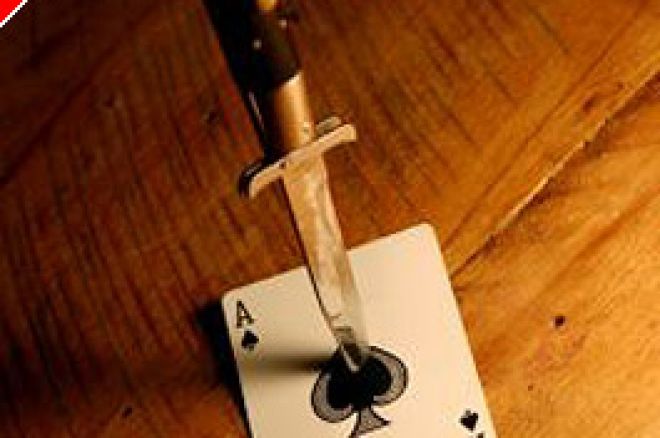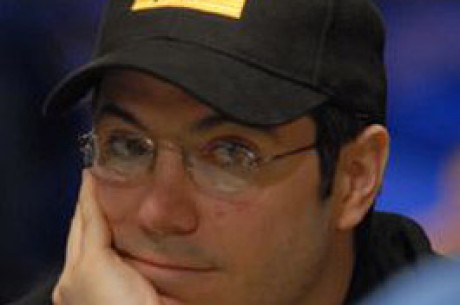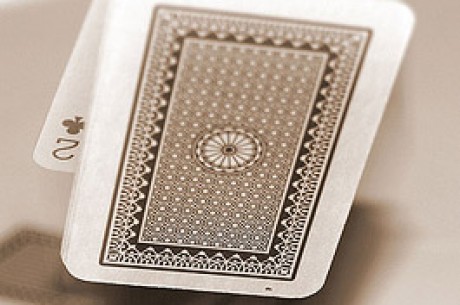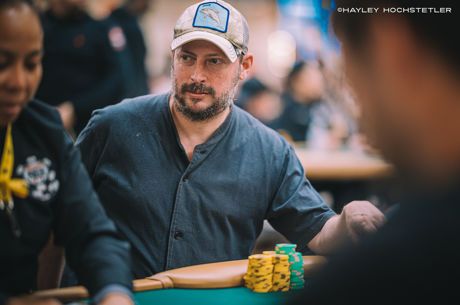Opinion: How the NFL Grinch Stole Poker's Christmas

I'm always a little annoyed with the NFL this time of year. Like the fictitious town of Lake Wobegon, where all the children are above average, decidedly average NFL teams are in the process of locking up "championship" and wild card berths. But this year I'm more peeved than normal, because, of course, this is the year that the NFL ruined online poker's Christmas.
Even the most politically challenged online poker player knows enough to wish a lump of coal in Bill Frist's stocking this year. But surprisingly few are aware at just how pivotal the NFL was in ramming the UIGEA into last minute "must pass" legislation. With the shock of the bill's passage, followed by the many aftershocks as online poker sites withdrew from the US, many missed Geoff Earle's scintillating New York Post article outlining the NFL's role in the passage of the UIGEA entitled, "NFL Makes Fantasy Pass."
Apparently the NFL hired big buck lobbyist Marty Gold, (not coincidently) former counsel to Former Senate Majority Leader Bill Frist, to push through the UIGEA (again not coincidently) which exempted fantasy football. If the lobbyist wasn't enough, both the current NFL Chairman Roger Goodell and past chairman Paul Tagliabue wrote Senate Armed Services Committee Chairman John Warner (R-Va.) in an attempt to sway him to tag the UIGEA onto "must pass" defense spending legislation. When Warner balked, they threw their weight behind Frist's last ditch attempt at tacking it onto the Safe Port Bill.
It is not surprising that the NFL was backing anti-gaming legislation. The NFL has been almost rabid in its stance on gambling. In the past, the NFL has even gone so far as to forbid NBC from running promos for its "Las Vegas" television series on its Sunday night football broadcasts. The NFL knows that nothing destroys the integrity of a sport more than a cheating scandal. Their argument is that where there is gambling, there is a lot of money. Where there is a lot of money, there is incentive for cheating. Their fear is suffering a major backlash like those that followed the NCAA basketball's point shaving scandals or the 1919 Baseball "Black Sox" World Series.
I agree with the NFL on at least one point; money can be corrupting. But to me, the NFL has proved that by their own curious actions. If this was only about principle and prevention, the NFL would have pushed the UIGEA without the fantasy football carve-out. But you see, the NFL makes a lot of money off of fantasy football. The NFL runs its own fantasy football site and receives royalties from other fantasy football sites. The second and third largest fantasy football websites are cbssportline.com and espn.com. Both sites are owned by networks that pay the NFL $1.7 billion in contracts to televise NFL games.
Nelson Rose recently said of the fantasy football exemption, "It doesn't seem to be consistent. It doesn't make sense to me given how antigambling the pro and college sports have always been." Another attorney specializing in gaming and the internet, Anthony Cabot, also has consistency issues with the carve-out, "Why is sports gambling unlawful and fantasy sports legal? Is there a real difference between rooting for Tony Romo to throw a bunch of touchdown passes and rooting for the Dallas Cowboys to win?" Why of course there is; the NFL makes money on the former and not on the latter.
I wonder how the NFL would feel if online poker lobbied to support Senate Judiciary Chairman Arlen Specter's (R-Pa.) current plans to introduce legislation taking away the NFL's antitrust exemption. Beware NFL Grinch. We are not like the warm hearted Hoo's of Hooville. If the mid-term elections proved anything, it proved we know a little something about revenge.








